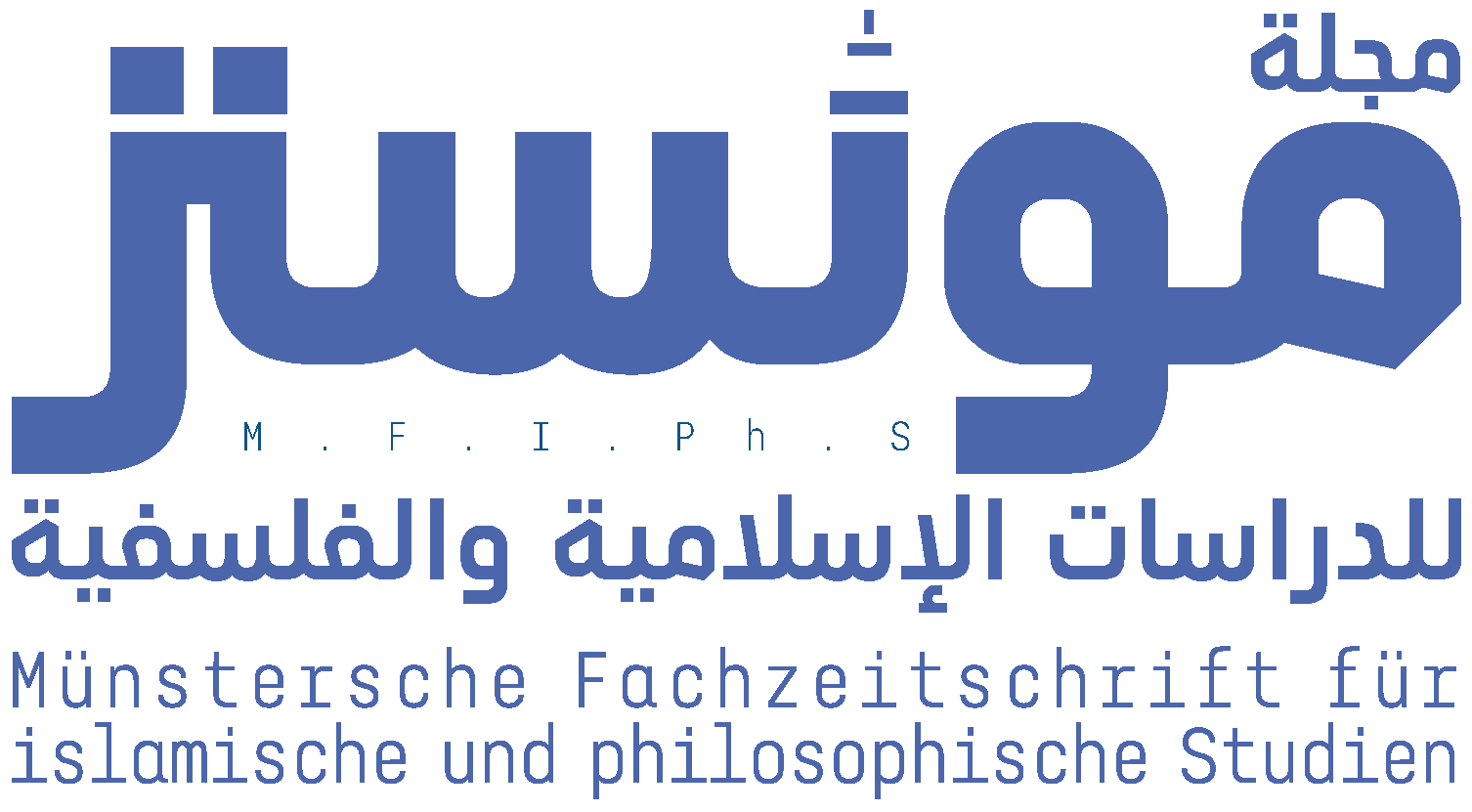From the Secular or Religious (State) to the Civil (State)
(Mis)Understanding of Thick Normative Concepts in the Arab and Islamicate world(s)
DOI:
https://doi.org/10.17879/mjiphs-2022-3904Keywords:
Thick Normative Concepts, Secular State, Religious State, Civil State, MisunderstandingAbstract
This paper aims to address some theoretical and methodological problematics, as well as actual and potential forms of misunderstanding related to the concept of secularity/secularism, as a “thick normative concept,” in the Arab and Islamicate world(s). To this end, the paper considers early normative formulation of the concept of secularism which can be traced back to the writings of al-Bustani and al-Afghani. Furthermore, it critically examines the concept of secularity/secularism in modern and contemporary debate by al-Jabri, Tarabishi, al-‘Azmeh, el-Messiri and al-‘Azmeh. Within the context of the ideological debate on the concept of secularity/secularism, different forms of misunderstanding are highlighted, and the ideological confrontation or antagonism, between the secular and the religious is thus highlighted. In addition, some scholars have reservations about raising the concept of secularity/secularism to the level of a slogan, because they consider it a political ideology that can be fascist or authoritarian. In explaining these reservations, the relationship between secularity and democracy is also discussed. Moreover, deconstruction is seen as a necessity in order to overcome negative dialectics – the “secular/religious” dichotomy in general, and the “secular state/religious state” dichotomy in particular. In conclusion, the concept of the “civil state,” as a potential deconstructing concept of the mentioned dichotomies, is proposed. It is of importance to extract the general discussions taking place in contemporary Arab thought from the framework of pure normative ideological partitions. Leaving these partisanships behind, partially or relatively, does not mean denying the existence of an ideological dimension and/or basis for the discussions concerned. Instead, it should reveal ideological dimensions or foundations, control them, and search for epistemological justification. In turn this should allow for better self-understanding, and thus pave the way for mutual understanding with those who disagree with it epistemologically and ideologically. Based on this understanding, discussion with others, and thus agreement or disagreement with them, can be meaningful, at least at the epistemological level.





